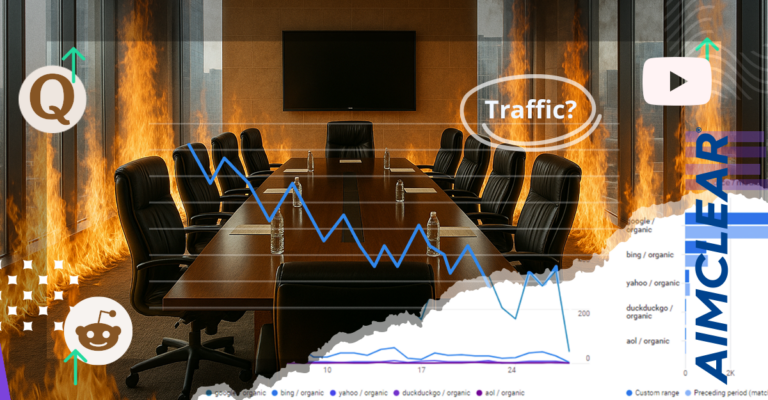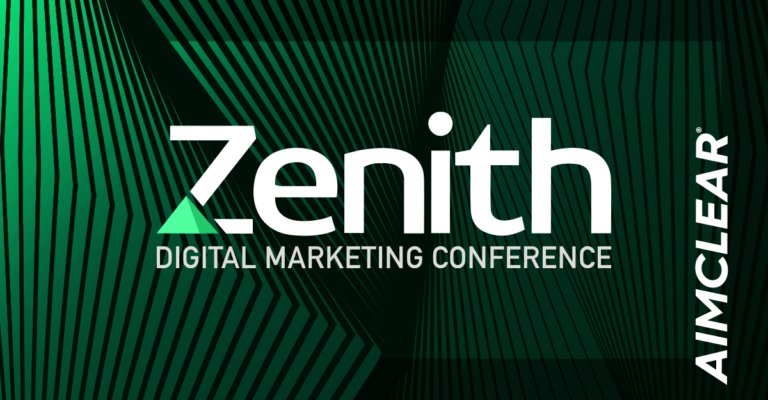The disdain on their faces is usually palpable. I’ve been experiencing subtle Facebook derision from mainstream SEOs now for two years. Last week’s edition was a conversation with Greg Boser, President and CEO – 3 Dog Media, a new friend and brilliant speaker on the SMX Search Marketing Conference series circuit.
Dude is a salty-dog SEO genius. However, as we each shared what we were planning to discuss with Australian conference attendees, I had barely started when Greg made it clear, with nary a word, that Facebook demographic segments are a bunch of bullshit. He actually squinted when I referred to Facebook “organic” as “SEO.” Go figure…
I didn’t take it personally. I never do. Lots of SEOs have shot me similar vibes. Greg is representative of a generation of classic SEOs pioneers ranging from Todd Malicoat, Michael Gray, Aaron Wall to Todd Friesen, Andy Beard, Mike Grehan & Bruce Clay. Even PPC gurus like Andrew Goodman have dutifully curled their lips at me whilst I blissfully evangelized Facebook.
Don’t hate ’em for that, FB marketing fans. Not many in our industry were taking Facebook seriously compared to Google in 2007. At that point I was busy blogging to (mostly) nobody with such semi-classics as Hail Mary Facebook Ads Saved Christmas and Does Facebook Social PPC Belong at Search Marketing Conferences. In 2008 when the late FB product Lexicon made me publicly giddy for all its demographic research prowess, it seemed like barely anybody cared.
Hey All You Dudes, now Facebook is up yer’ snoots. Like it our not, Facebook organic is SEO.
The SEO Pie Is Bigger Now
Look, Google is a channel not a strategy-a place where we market to users asking specific questions by their typing in a box and pressing “submit.” For the last decade organic and paid “search” have ruled the roost. Google is the last search-super power standing, at least for now. The art and science of so-called “SEO” has always been about prominence in search engines. Thus our industry’s true moniker was born. SEM means search engine marketing.
Marketers were first drawn to social media centering on participation’s propensity to index in engines’ organic SERPs (search engine results pages). SEOs and reputation managers have been playing a social profile’s tendency to index in organic SERPs for years now. That’s because using social media profiles for SEO is low hanging fruit. In those early days conversational marketers didn’t quite have enough volume of users. The “inventory,” as represented by hundreds of millions of fanatical users, was somewhere else… asking questions of search engines. Now there are 400 million people in Facebook just hanging out.
SEO Just Grew Another Head
Enter Facebook. The statistics are mind-boggling. Google is no longer the undisputed king of American traffic, engagement and loyalty. Over coming weeks and months, we’ll all hear about “best practices this” or “research that” for optimizing fan pages, events, people (yep, optimized people), groups, status updates, etc… Facebook is, like, half the Internet. Ironically, we have reasonable cause to believe that, on a number of levels, FB shows tremendous promise in the local space… a nut no search engine has ever effectively cracked.
Meanwhile, third parties ranging from Yelp, Yahoo! Mail and YouTube all clamor like rats to grab a piece of the 400 million fanatical user-mashup pie. Dial in a heaping doseof incestuous-fan page-status-update-real-time-searches indexing in engines, and there’s really a case to be made that Facebook-organic is SEO too, boys and girls.
Adding stew to the soup, Facebook has blown the hell out of SEO by way of these insidious and lovely social plugins. Marketers now must concern themselves with research-driven usage of the social participation channels, without being full of shit. That sounds a like classic SEO to me 🙂 .
Privacy Matters
Most Facebook users probably don’t know that clicking on an ad in the right hand sidebar easily results in our knowing exactly who they are, their progression within our website’s content and other stunning, albeit intrusive, behavioral insights. Your mom doesn’t know that participating on websites mashed up with Facebook Social Plugs results in reveals her booty of interests for the entire world to see.
Personally I hate Facebook for these reasons. I only use the service to mirror restaurant-food-picture-from-around-the-world-tweets to my family and a few friends. I think privacy features are way too complicated for the average user. It’s possible to clamp down the privacy settings as deeply restricted as possible, and still expose some profile attributes to complete strangers.
Reciprocally, ethical marketers like us can mine that data and leverage it for friending, leads, sales and other KPIs (key performance indicators). Dude, we’re all for privacy but if users are going to give us this data, we’re going to respectfully market to them. The problem is with affiliate dickheads who make hay on the backs of unsuspecting users. It’s funny to think of Matt Cutts and other Google engineers quitting Facebook publicly. Really, who gives a shit? Where the rubber meets the road is that YouTube uses Facebook Share Buttons. YouTube is owned by Google. Go figure….
SEO Means Any Attainable Organic Search Result, Independent of a Specific Channel.
Facebook is an ecosystem sporting both organic contextual (fan pages, events, groups, profiles, apps’ & other participatory nodes) and paid contextual (Facebook PPC, MS brokered ads & Google Content Network). Organic nodes are fueled by participation and whole-hearted adoption of Facebook tools to organize a sharing community of real people. Paid channels are all about mining extremely personal user attributes and serving highly-focused walk-by traffic.
Search Engine Optimization isn’t just for search engines. The moniker has grown to mean much more. SEO means optimizing content that appears any place people hang out. However, if you must have that “search-in-a-box” mentality, simply start with Facebook’s internal search engine focused on people, fan pages, apps, etc… greet that query with prominence advised by research. That’s SEO.
Then, get used to the idea of optimization of organic contextual. There are so many people walking by so much content in Facebook that valuable collateral interrupt-marketing can be highly targeted and made more compelling by “SEO.” Trust me dude, the whole world is going to be making sure their events and fan pages are “optimized” soon enough.
Say it’s not really SEO. Say it’s called mango chutney IT botany. Whatever… just don’t call me late for dinner. There’s little time for semantic disagreements amongst pundits. SEO only focused on Google will be relegated to being SEO for half the Internet. Even so, Facebook organic contextual will index more in traditional search engines as the social graph advises those precious Google & Bing algorithms. The question begs to be asked: What the hell is SEO now anyway?
Additional Resources:
- Facebook Internal Search: SEO & Ranking Hacks
- 10 SEO Tips For Maximizing Facebook Visibility
- Why Facebook PPC Is Crucial For Branding & How To Sell Your Boss
- Degrees of Separation, FaceBook, Twitter & Social Distribution Networks
- How to Use Facebook Ads Reporting Without Going Insane
- Branding, Direct Response, Intent & How Search Made Us Soft









